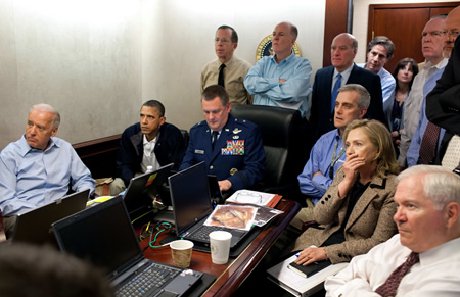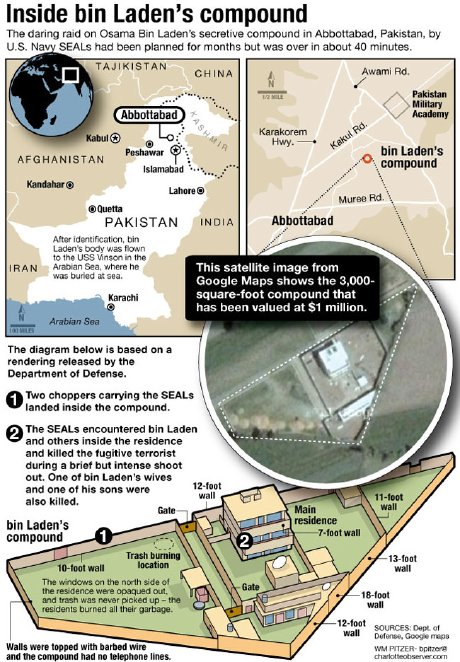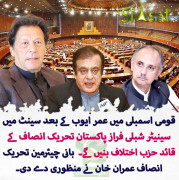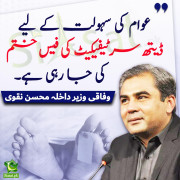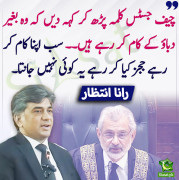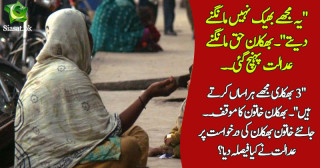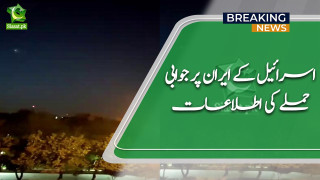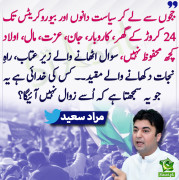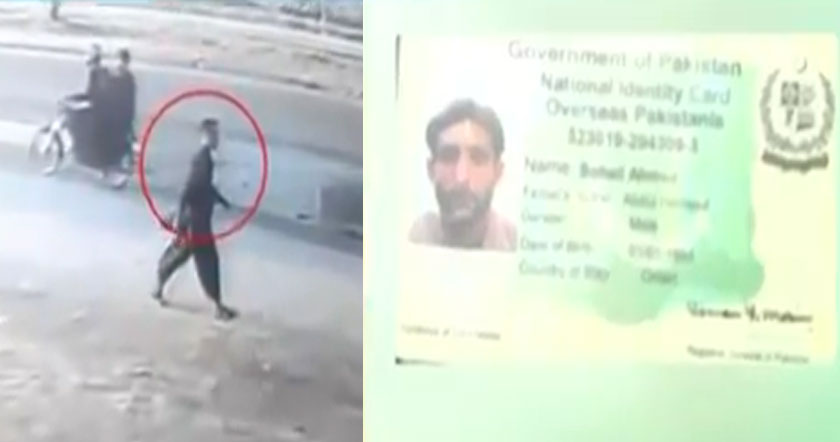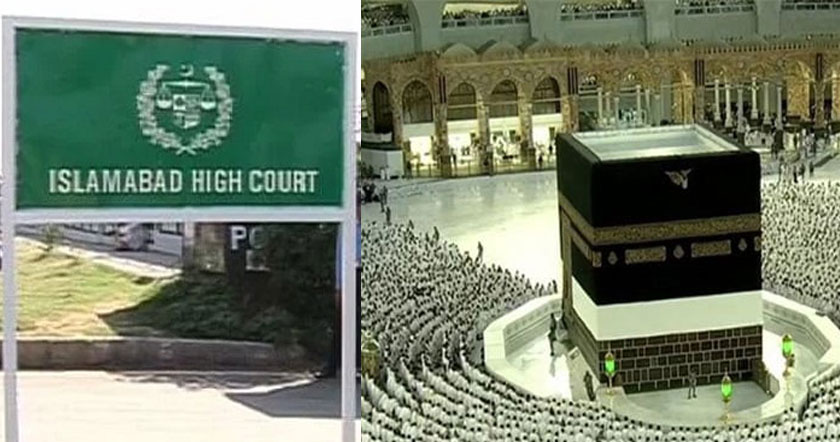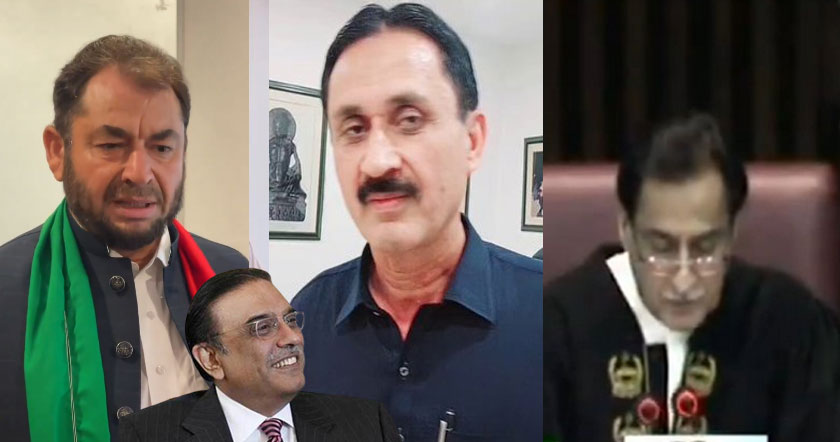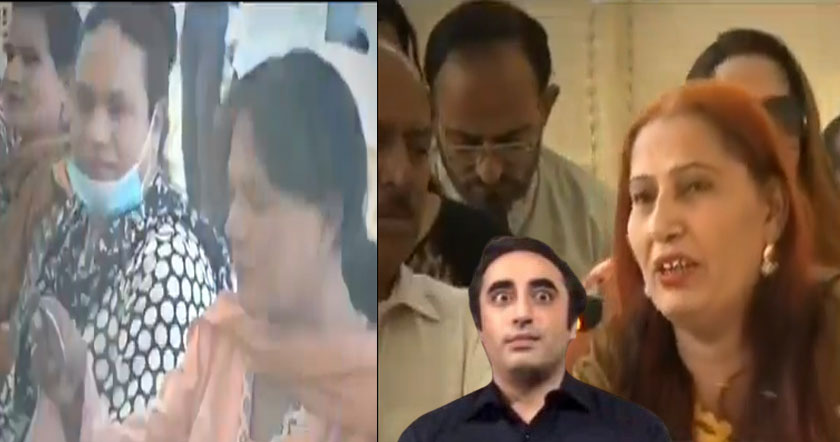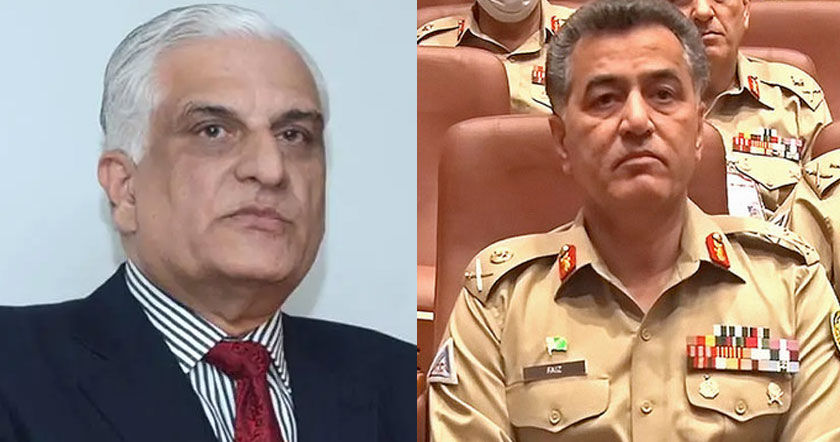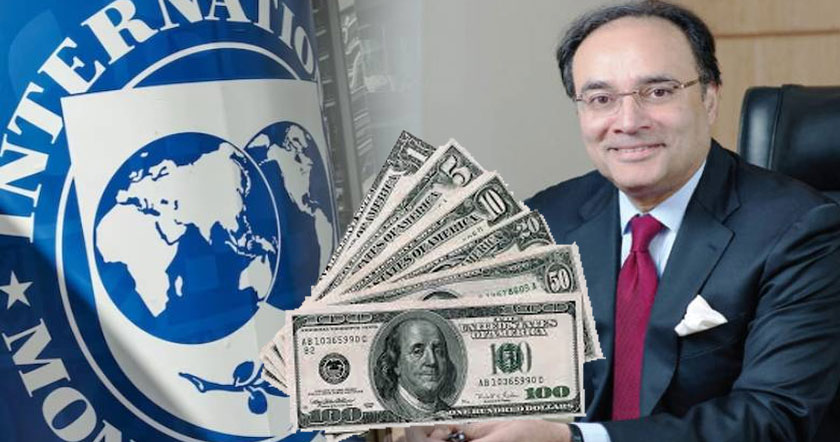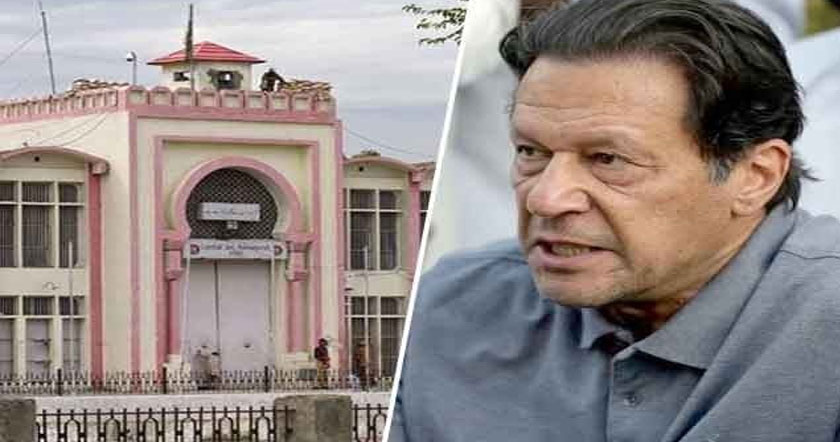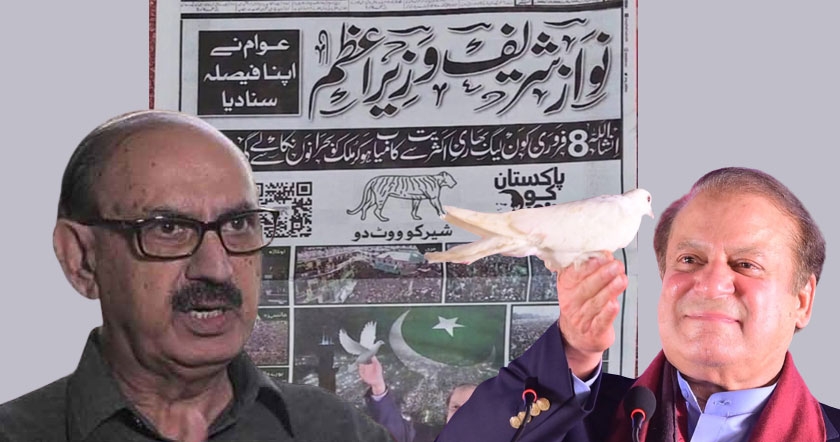Questions about bin Laden embarrassing to Pakistan
Published On Tue May 3 2011
 Supporters of pro-Taliban party Jamiat Ulema-e-Islam shout anti-U.S. slogans during a protest in Quetta on May 2, 2011, after the killing of Osama Bin Laden in Abbottabad, Pakistan.
Supporters of pro-Taliban party Jamiat Ulema-e-Islam shout anti-U.S. slogans during a protest in Quetta on May 2, 2011, after the killing of Osama Bin Laden in Abbottabad, Pakistan.
BANARAS KHAN/AFP/GETTY IMAGES
 By Rick Westhead South Asia Bureau
By Rick Westhead South Asia Bureau
ISLAMABADTaxi driver Mahsood Ahmed's mind races when he contemplates Osama bin Laden's assassination.
The 56-year-old father of five wonders whether the Pakistani military knew in advance about the raid early Monday morning that killed bin Laden, and whether his country's infamous spy agency was aware that the world's most wanted man was living just a few kilometres away from a Pakistani military college, in a town populated by retired army officers.
So many questions, Ahmed said on Monday night, leaning against his battered white and yellow cab in downtown Islamabad. Half the people I talked to today say they are glad that bin Laden was killed, that he was a traitor to Islam, and the other half say that he should not have been killed. But everyone has questions about what happened.
Pakistan's government, led by President Asif Ali Zardari, hailed Monday's operation as a major setback to terrorist organizations around the world.
Speaking at the provincial assembly of Khyber-Pakhtunkhwa in northwest Pakistan, provincial Senior Minister Bashir Bilour, a Zardari ally, told lawmakers: Thank God, we are rid of this scourge. Bin Laden was supplying our children in the Swat Valley with suicide jackets, guns and explosives.
But in the same chamber, Mufti Kifayetullah, a lawmaker with Islamist leader Fazlur Rehman's Jamiat Ulema-e-Islam party, called upon Muslims to regard bin Laden as a hero.
Today, Americans have killed a great hero of Islam, Kifayetullah said. Americans should keep in mind that they have killed Osama, but they cannot eliminate his ideology.
There was no explanation from Pakistan over how bin Laden could have been holed up, possibly for years, in an expensive compound in Abbottabad, less than 100 kilometres' drive northeast of Islamabad.
It's the most unpardonable thing, said Shah Mahboob Alam, a former director general with Pakistan's intelligence bureau. The government should be presenting the facts to the people.
But the facts may prove embarrassing for Pakistan.
The news that bin Laden was living in a three-storey residence in a military garrison town so close to Islamabad, and not, as many speculated, in the country's lawless and remote border region near Afghanistan, is considered a huge embarrassment to Pakistan, whose relations with Washington have worsened in recent months.
Alam said he believes bin Laden was caught because of a leak within the Al Qaeda organization.
I don't think it would be from a wiretap, Alam said. But I'm just speculating, like everyone is right now.
Alam and other intelligence experts here also said it was nearly impossible to conceive that the Americans orchestrated the raid on bin Laden's compound without the help of Pakistani officials.
You don't fly four helicopters across Pakistan without telling the government here what you're doing, said one security analyst. How does the U.S. respond if those helicopters are shot down? No way that they didn't tell the Pakistan government.
Alam said he suspects the U.S. told Pakistan at the last minute they were pursuing a high value target in their raid.
Even when we were doing raids with the help of local police, we wouldn't tell them who we were after specifically, he said.
While some experts say they expect a backlash in Pakistan from bin Laden's supporters, there hasn't been an indication that more violence is a certainty. There were few rallies in support of bin Laden on Monday and even conservative TV commentators resisted calling him a martyr.
We'll wait until Friday to see what the mullahs say, said Pervez Hoodbhoy, an Islamabad-based activist who has spoken out against religious extremism.
They could say he was a soldier of Islam who has fallen in battle and for every one Osama bin Laden you kill, another 1,000 will rise up, Hoodbhoy said.
But I don't see that happening, he said. Al Qaeda's methods were so brutal that they had lost almost all support here.(http://www.thestar.com/news/world/article/984289--questions-about-bin-laden-embarrassing-to-pakistan)
Published On Tue May 3 2011

BANARAS KHAN/AFP/GETTY IMAGES
 By Rick Westhead South Asia Bureau
By Rick Westhead South Asia Bureau ISLAMABADTaxi driver Mahsood Ahmed's mind races when he contemplates Osama bin Laden's assassination.
The 56-year-old father of five wonders whether the Pakistani military knew in advance about the raid early Monday morning that killed bin Laden, and whether his country's infamous spy agency was aware that the world's most wanted man was living just a few kilometres away from a Pakistani military college, in a town populated by retired army officers.
So many questions, Ahmed said on Monday night, leaning against his battered white and yellow cab in downtown Islamabad. Half the people I talked to today say they are glad that bin Laden was killed, that he was a traitor to Islam, and the other half say that he should not have been killed. But everyone has questions about what happened.
Pakistan's government, led by President Asif Ali Zardari, hailed Monday's operation as a major setback to terrorist organizations around the world.
Speaking at the provincial assembly of Khyber-Pakhtunkhwa in northwest Pakistan, provincial Senior Minister Bashir Bilour, a Zardari ally, told lawmakers: Thank God, we are rid of this scourge. Bin Laden was supplying our children in the Swat Valley with suicide jackets, guns and explosives.
But in the same chamber, Mufti Kifayetullah, a lawmaker with Islamist leader Fazlur Rehman's Jamiat Ulema-e-Islam party, called upon Muslims to regard bin Laden as a hero.
Today, Americans have killed a great hero of Islam, Kifayetullah said. Americans should keep in mind that they have killed Osama, but they cannot eliminate his ideology.
There was no explanation from Pakistan over how bin Laden could have been holed up, possibly for years, in an expensive compound in Abbottabad, less than 100 kilometres' drive northeast of Islamabad.
It's the most unpardonable thing, said Shah Mahboob Alam, a former director general with Pakistan's intelligence bureau. The government should be presenting the facts to the people.
But the facts may prove embarrassing for Pakistan.
The news that bin Laden was living in a three-storey residence in a military garrison town so close to Islamabad, and not, as many speculated, in the country's lawless and remote border region near Afghanistan, is considered a huge embarrassment to Pakistan, whose relations with Washington have worsened in recent months.
Alam said he believes bin Laden was caught because of a leak within the Al Qaeda organization.
I don't think it would be from a wiretap, Alam said. But I'm just speculating, like everyone is right now.
Alam and other intelligence experts here also said it was nearly impossible to conceive that the Americans orchestrated the raid on bin Laden's compound without the help of Pakistani officials.
You don't fly four helicopters across Pakistan without telling the government here what you're doing, said one security analyst. How does the U.S. respond if those helicopters are shot down? No way that they didn't tell the Pakistan government.
Alam said he suspects the U.S. told Pakistan at the last minute they were pursuing a high value target in their raid.
Even when we were doing raids with the help of local police, we wouldn't tell them who we were after specifically, he said.
While some experts say they expect a backlash in Pakistan from bin Laden's supporters, there hasn't been an indication that more violence is a certainty. There were few rallies in support of bin Laden on Monday and even conservative TV commentators resisted calling him a martyr.
We'll wait until Friday to see what the mullahs say, said Pervez Hoodbhoy, an Islamabad-based activist who has spoken out against religious extremism.
They could say he was a soldier of Islam who has fallen in battle and for every one Osama bin Laden you kill, another 1,000 will rise up, Hoodbhoy said.
But I don't see that happening, he said. Al Qaeda's methods were so brutal that they had lost almost all support here.(http://www.thestar.com/news/world/article/984289--questions-about-bin-laden-embarrassing-to-pakistan)



